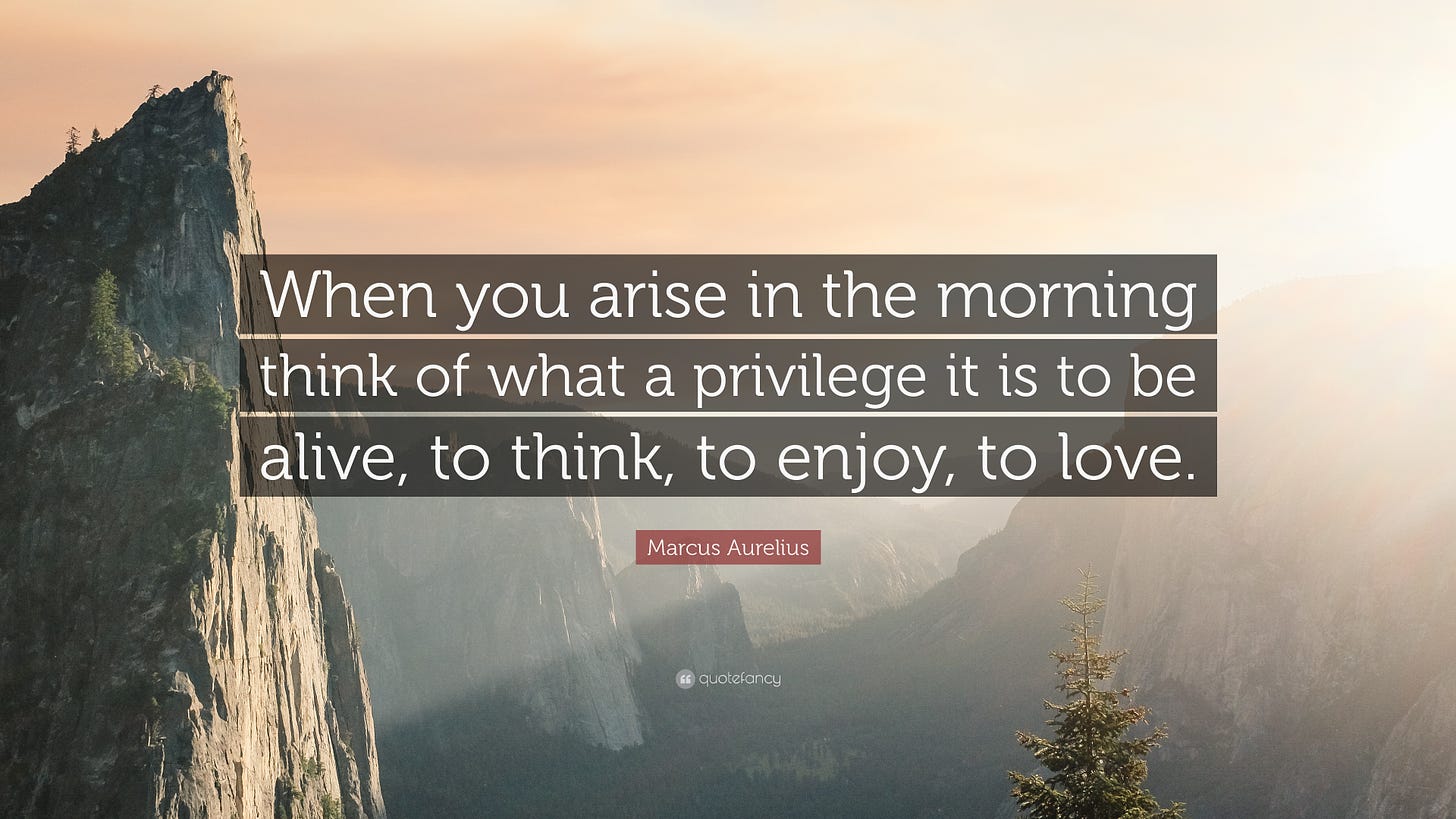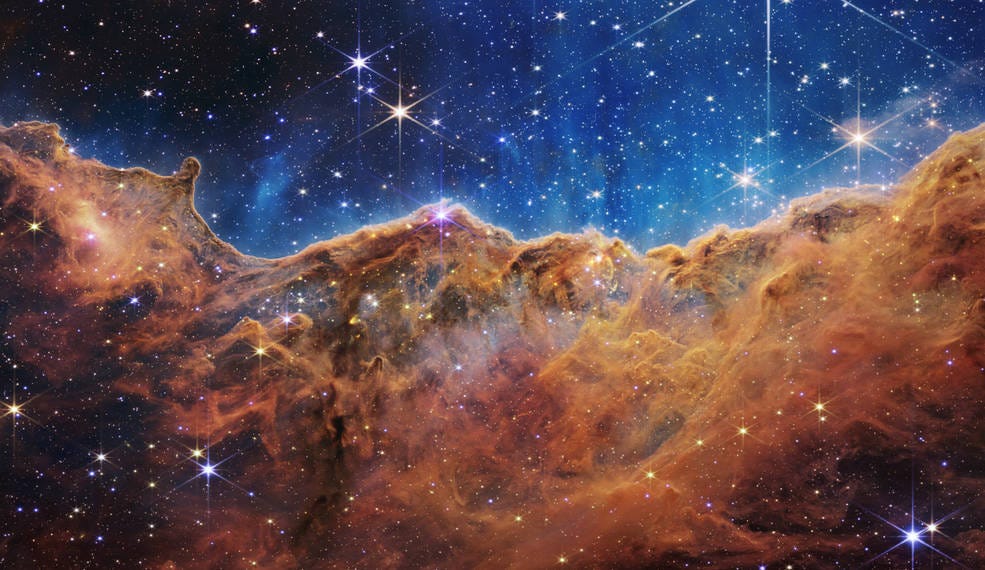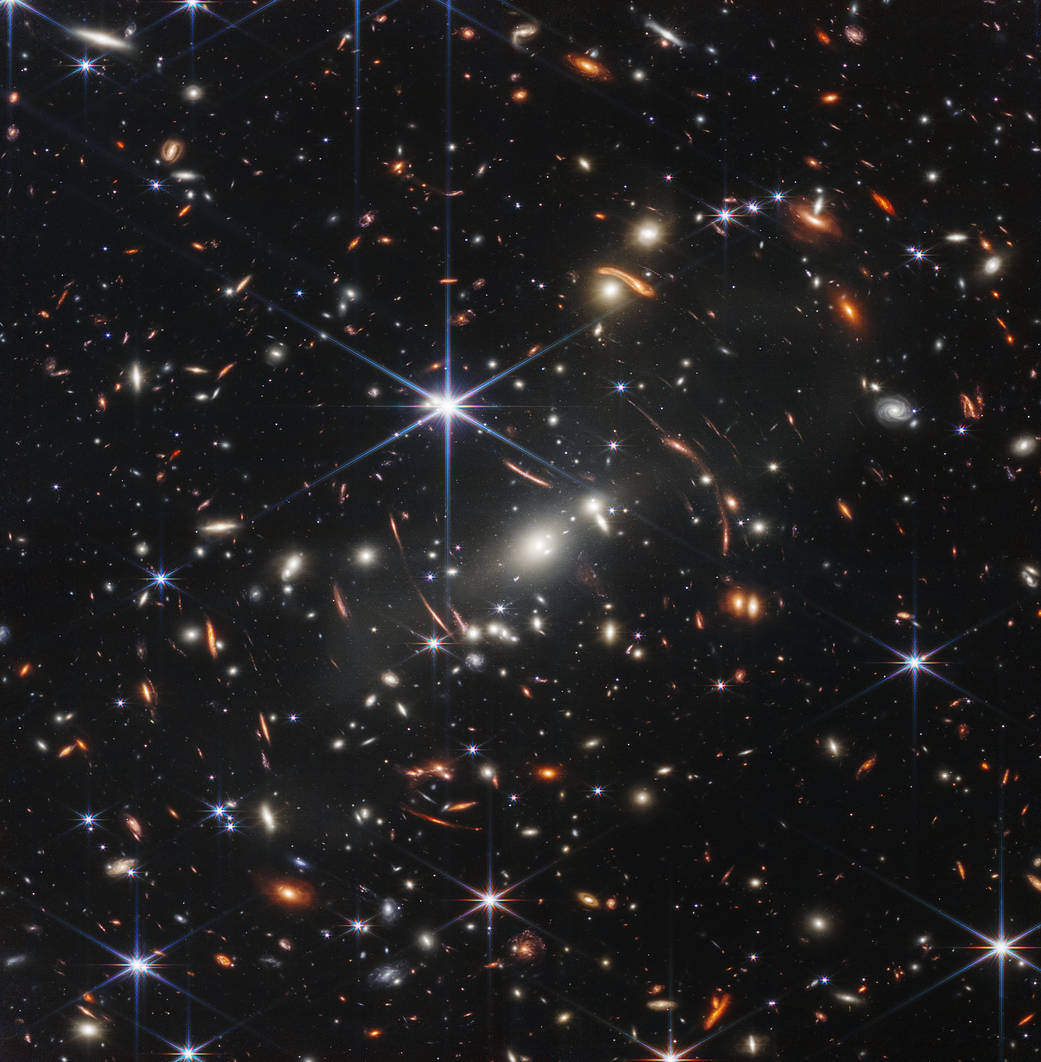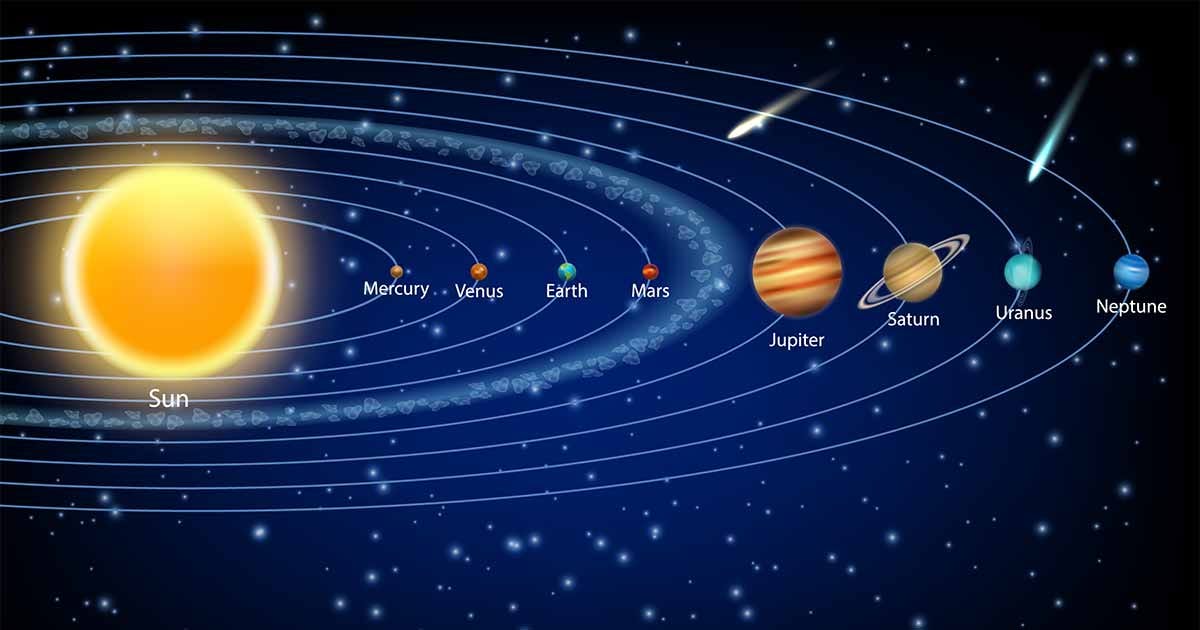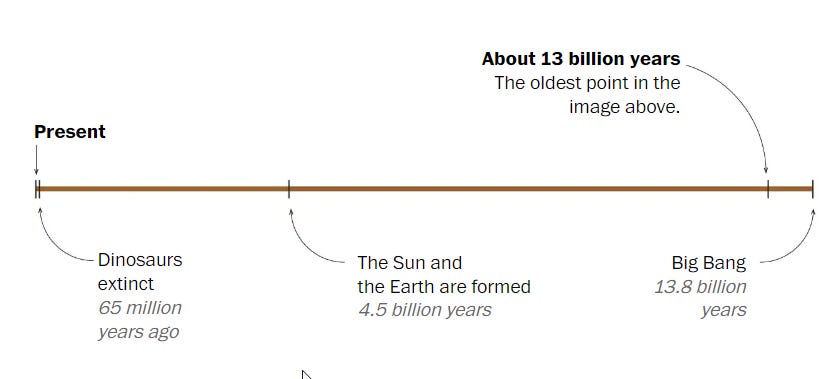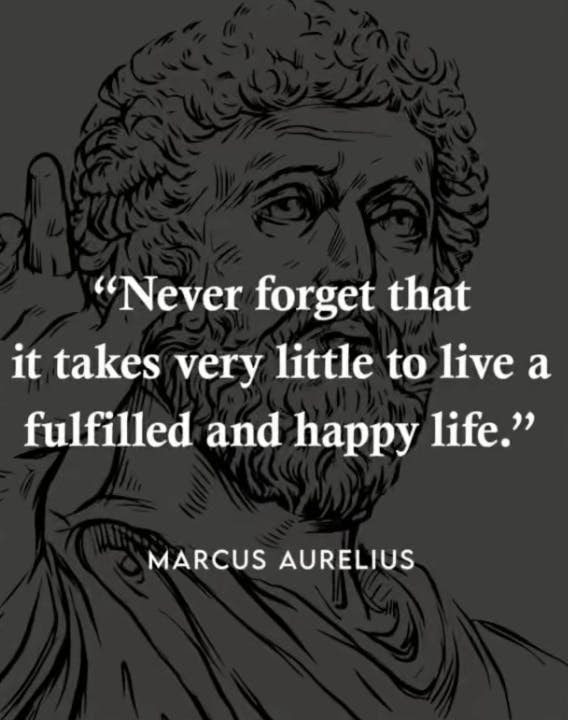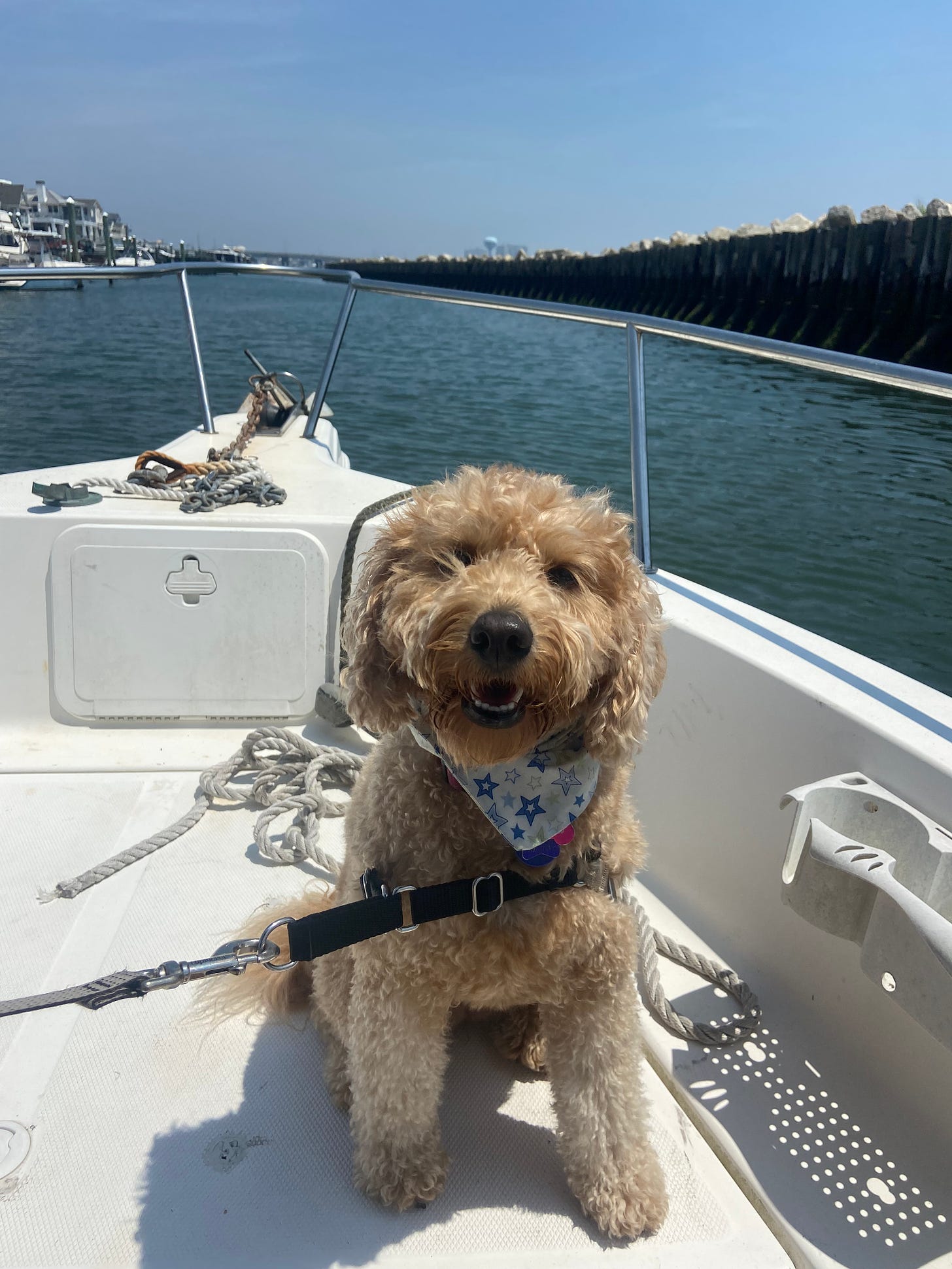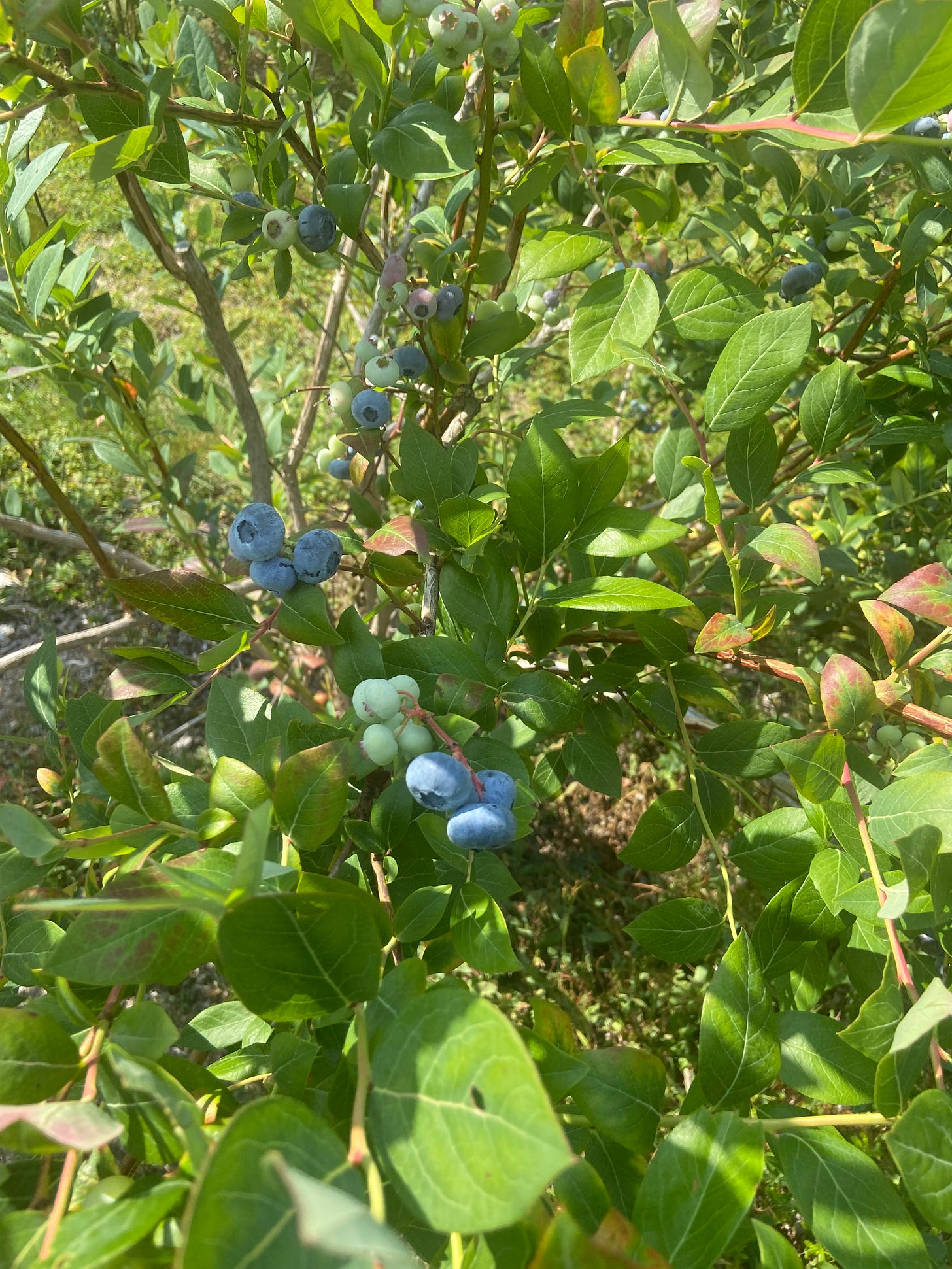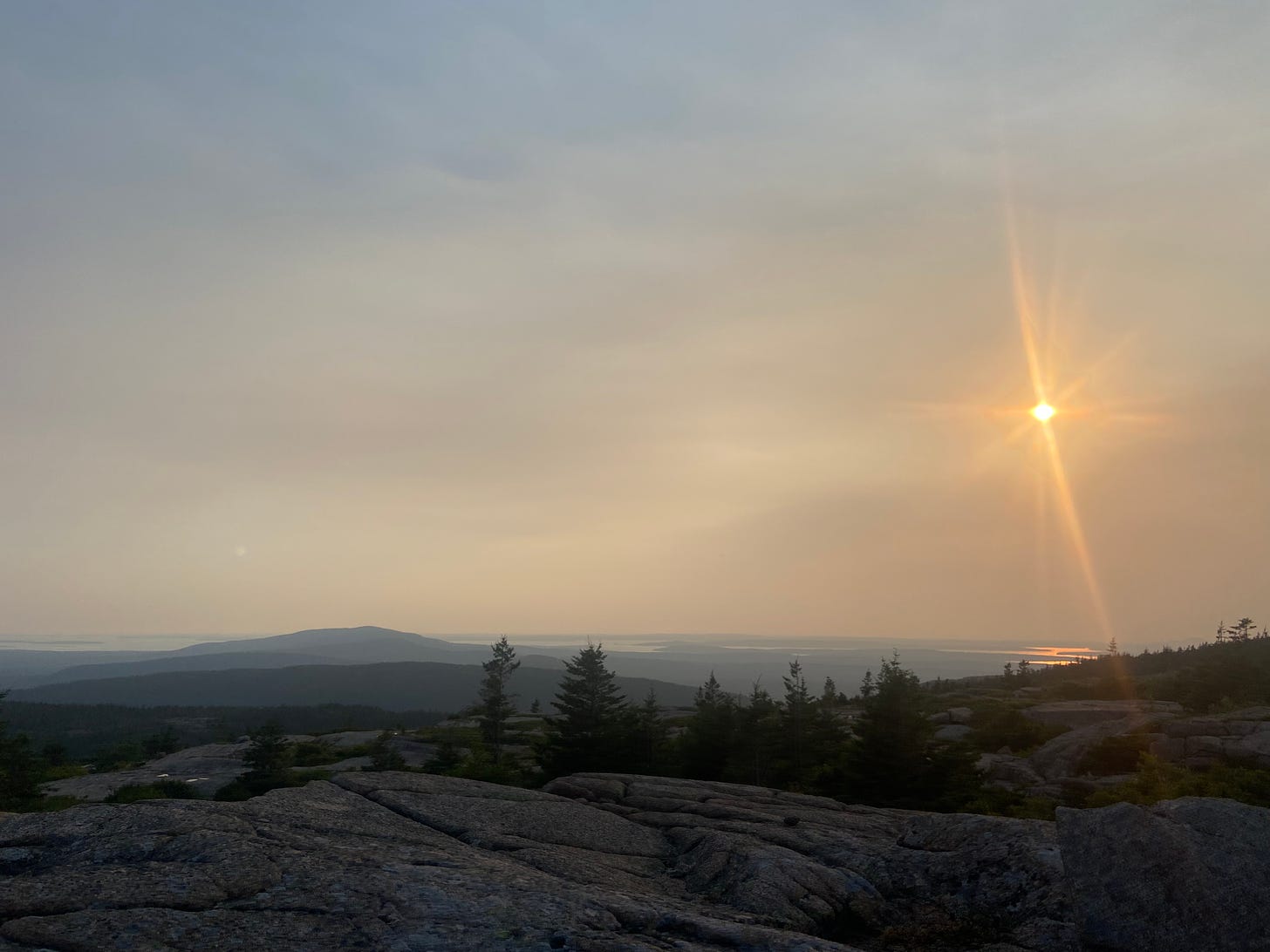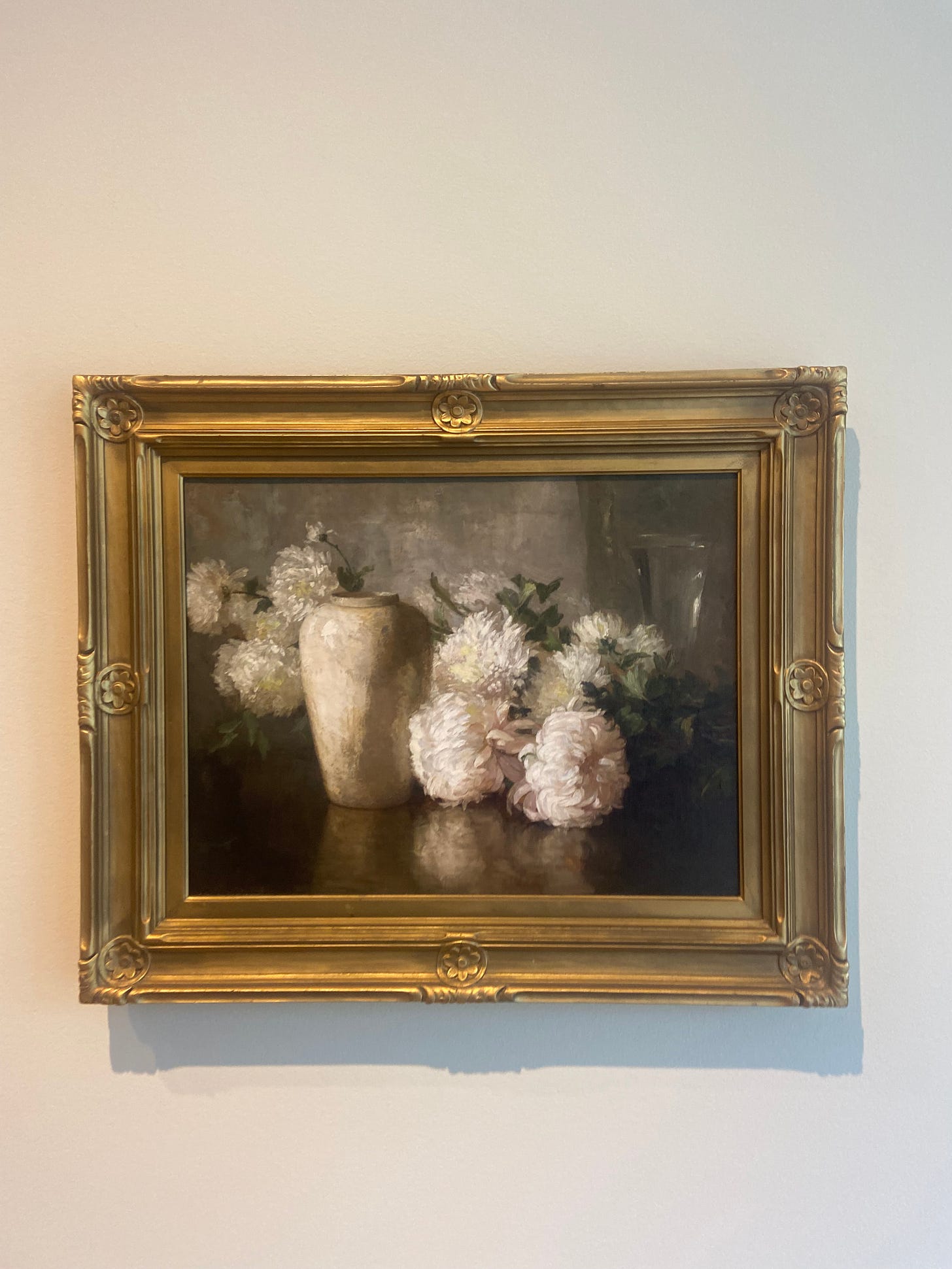The power of regret + things people want to do before they die
Notes from Daniel Pink's book, and how to move forward from regret
Programming note: I took much of July off from writing on Substack. Breaks are important, summer is meant to be enjoyed (outdoors, preferably), and these months seem to fly by. Recently, Ally and I visited Maine, including Portland and Acadia National Park, a true beauty. Now onto this post: on regret, the enormity of the universe, and things people want to do before they die:
The other day, I finished Daniel Pink’s The Power of Regret, and it highlighted some insights I want to share with you. We all have regrets, disappointments, mistakes. “No regrets” is a silly mantra in my view. Regrets are part of what makes us human. We all have them, and we can all benefit from them.
Let us replace judgment of ourselves and our regrets with kindness. “Being imperfect, making mistakes, and encountering life difficulties is part of the shared human experience,” Pink writes. Here are the rest of my notes:
We regret things we didn’t do more than things we did do. Usually, this is because you can often correct/edit/fix or try again, whereas inaction could equal missed opportunity altogether. In other words, we can sometimes recover from trying things and falling short; when we don’t attempt at all, we might not ever have the chance again.
To minimize potential bad outcomes, ask: Will this matter in five years? More powerful to me: What will my future-self think of this decision? Proceed according to your answer.
Distance yourself from the regret, with third person: This falls in line with the self-distancing mental model, a variation of zooming out: Distancing ourselves from our trifles lowers our blood pressure and improves clear thinking. Doing so reminds us that life is infinitely greater than the thing our heart is attached to.
Anticipate regret. Envision how you’ll feel if you don’t do XYZ. Anticipating how you will feel if you don’t do it isn’t easy, but it’s worth trying, and it could drive you to make the attempt, take the chance.
In recent months, I’ve used parts of this framework. When considering whether to take a new job, I asked myself which path would be the most interesting (staying at previous job or starting new one), and the obvious choice for me was trying something new. Doesn’t work out? No biggie, I can always try again with something else. If nothing else, I thought, it would be an interesting experiment. I also asked myself if, in a few months or years, I’d regret not taking the risk, and the answer was pretty clearly, “yes.”
A similar thought process applied to the decision to travel cross-country in a van last year — we’d probably look back and regret not doing it (anticipate regret). The thought process also applied to our decision to move into a Brooklyn apartment in August — we are young, let’s try it out, life is short, and we might one day regret not living in NYC when we were young.
The regret framework has applied in smaller ways, such as:
Going to see Elton John on a weeknight (one Elton John, many weeknights — this was a no-brainer…we anticipated the regret of skipping his concert)
Grabbing lunch with a friend on a busy workweek — chances were, I would have regretted bailing or continuing to push it off
Visiting a few art museums and new breweries — might as well give them a try
Writing in my journal even when tired or stressed in that moment/hour — who cares if the writing is crap, it’s the act of journaling that matters
Bottom line: When we're 80, we'll probably regret what we didn't do.
The Webb Space Telescope photos dazzled me. In recent months, I have practiced the art of zooming out, which I wrote about in June. Webb’s sharp near-infrared view brought out faint structures in extremely distant galaxies, offering the most detailed view of the early universe to date.
Credits: NASA, ESA, CSA, and STScI
We are someplace there, on Earth, amid trillions of galaxies. When I stargaze, ideally a few nights a week, the enormity of this thing doesn’t cease to amaze.
The scale of everything is hard for our minds to comprehend. So is the timeline:
Source: The Washington Post
I love zooming out. I find myself zooming out daily, several times per day, and viewing all of this from above. The reminder helps me live more presently, not sweat the small stuff, and reflect on how incredible our existence is. Many great minds channeled “zooming out” in various ways, including Jerry Seinfeld, who kept photos from the Hubble Space Telescope up on the wall in his writing room to calm him down and see the bigger picture.
And here’s Steve Jobs, who said he reminded himself of his mortality each morning:
"Remembering that I’ll be dead soon is the most important tool I’ve ever encountered to help me make the big choices in life.
Because almost everything — all external expectations, all pride, all fear of embarrassment or failure — these things just fall away in the face of death, leaving only what is truly important. Remembering that you are going to die is the best way I know to avoid the trap of thinking you have something to lose. You are already naked.
There is no reason not to follow your heart."
Here’s Mark Manson: “We’re all going to die, all of us. What a circus! That alone should make us love each other, but it doesn’t. We are terrorized and flattened by trivialities. We are eaten up by nothing.”
Since reading Manson’s The Subtle Art of Not Giving a F*ck, I’ve developed the skills to navigate all the nonsense around us. I don’t watch the news, hardly any TV. I deleted all social media and news apps from my phone, and I unsubscribed from some emails. Time is of the essence, we only have so many “f*cks” to give in life, and (to me) it’s silly to spend it on those apps, which profit off ads and our attention. Constantly removing items from to-do lists, reducing physical possessions (very little is truly needed), and trimming “the fat” from life frees us up to do more of what we want.
I have learned not to get eaten up by the trivialities of traffic, or an angry person you run into, or a slow-working computer/phone/gadget, or a car problem, or a restaurant when they screw up your order. It’s all happened before and will happen again. In the grand scheme, it’s all meaningless. What matters is doing what you love to do, being a good person, and spending time with people you want to be with. To me, mostly everything else is noise, headlines, and bull shit.
"All life is an experiment. The more experiments you make the better." ― Ralph Waldo Emerson
When we view life as one big science experiment, we remove the pressure and reduce stress. We live more freely. All of life is nothing but an experiment to try things out that you always wanted to do. I have found joy in trying new places to visit since the pandemic, trying a new job/career this year, listening to new podcasts, and exercising in various ways. When I write here, for work, or in my journal, sometimes I just tell myself, ‘Today, I will wing it, and see what happens,’ and sometimes I then find myself at ease. Reaching the “flow” state is easier. Creativity tends to follow.
It’s all experimental … maybe some of the experiments we try will stick. If they don’t, we move on. Experiment, experiment, experiment.
Books I am reading now
Courage Is Calling, Ryan Holiday
The Art of Noticing, Rob Walker
Awareness: The Key to Living in Balance, Osho
Richer, Wiser, Happier, William Green (reread)
The Way To Love, Anthony de Mello (reread)
Lastly, Ally and I traversed through Vermont and found a mural that said: “Before I die I want to: " ____”
The responses were interesting and telling about what matters to people:
Fall madly in love
Hang out with more friends
Not be alone
See people smile
Hike the Appalachian trail
Travel
Go to England
Go home, wherever that is
Love Earth
See a good dog
Visit Portugal
Help someone
Free Ukraine
Go to Paris
Travel to Madrid
Make a change
Love myself
Not worry
Get married
Own a horse
Explore the world
Publish something that makes history
Be kind to someone today
Serve the Earth, my true home
A few photos from the past couple of weeks:
Ellie Mae, who just turned 2, on the boat
Blueberry picking in Maine
A summer evening at Acadia
One of my favorites from the Portland, Maine art museum
Take good care of yourselves, everybody, and:
Be joyful and celebrate your gifts,
Matthew



